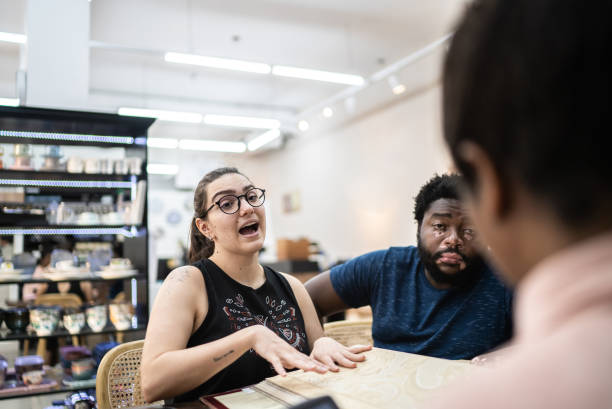When a parent comes and expresses some concerns to a teacher, the teacher can easily get defensive. If we are in a position to build a culture of trust and collaboration between parents and teachers, then I believe there are only three questions that teachers need to ask parents in response to any of the concerns.
The first question is simply “What do you need?” This means that the parents need to reflect upon the purpose as to why they are coming and having a conversation with the teacher and what they hope to achieve by having a conversation. So by the teacher asking the question: what do you need? the parents sits back and reflects and thinks “Am I here to simply vent and get something off my chest?” Or am I here because I want a resolution to a problem? Or am I here because I want some advice and I hope the teacher can give me some advice about a particular issue. Or am I here simply to gather information and a better understanding about what’s happening in the school. As soon as the teacher asks the question “What do you need?” they are in fact responding to the importance of the parents’ query. This adds value to the parents question and hence the parent feels that they are important and that you are validating their query and it and will be addressed.
The second question that teachers could ask parents when they come for an interview or meeting is “What do you imagine that would look like in our classroom or in our school?” So when a parent comes and asks for a request for something to be achieved or something to be done, when the teacher asks the parent “What you think that would look like?” it puts the emphasis back on the parent to try articulate the practical application for their query to be implemented in the classroom or school setting. When the question is asked, parents are often able to sit back and think what they’re asking may not be practical, it may not be sustainable, it may not be possible to impose something on the teachers. A lightbulb moment may occur and the parents may then re-frame their query or question to be more practical and realistic.
The third question that teachers can ask parents is “Is there anything else you’d like to ask or say or tell me before we close the meeting?” This simply gives the parents the chance to reflect and to ensure that their needs have been met and both parties can walk away content that they have been heard. So it’s a simple technique which allows teachers to close off the conversation. It also allows the parents some closure. They have had the opportunity to express their concerns, and had the opportunity to be heard. There may be a resolution which meets their needs and if there’s not, then parents may choose to take their concerns further, to a member of the school’s Leadership Team. Hopefully the same pattern of questioning can be employed.
So let me restate those three questions that teachers can ask parents to again create a culture of trust in collaboration between teachers and parents. Question number one: “What are your needs?” Question number two: “What you think that would look like in our classroom or school setting?” Question number three: “Is there anything else you’d like to ask me or tell me or say before we conclude?”
Parents now have these questions, so when you visit a school to make an enquiry, you can re-frame your questions around this model even if the teachers don’t use the questions to direct your conversation.
In this time of uncertainty, the need for these questions still exist. While we may not be in a position to ask the questions face to face, teachers may still ask the first question to guide how best they can support parents in the period when parents or responsible others may be responsible for the supervision (and possibly some instruction) of their child’s learning.
When a teacher asks the parents “What do you need?”, it may be as simple as the parent needing different instructions as to how to direct the child’s learning. Other needs may include seeking guidance about how best to structure a learning environment at home.
The second question may need to be reworked in the current climate of change in curriculum delivery. As such the second question the teacher may ask could be rephrased to – “Is our delivery of work for your child working for you?” This questions indicates to the parents that the teachers are genuinely interested in supporting the parents in supporting the children.
Finally the teacher may ask “Is there anything else you need?”
The key messages are that the teacher values the parents input in the child’s educational journey and, in the current circumstances, acknowledges that the parents are playing an ever more important role in guiding the children’s attention to work.

